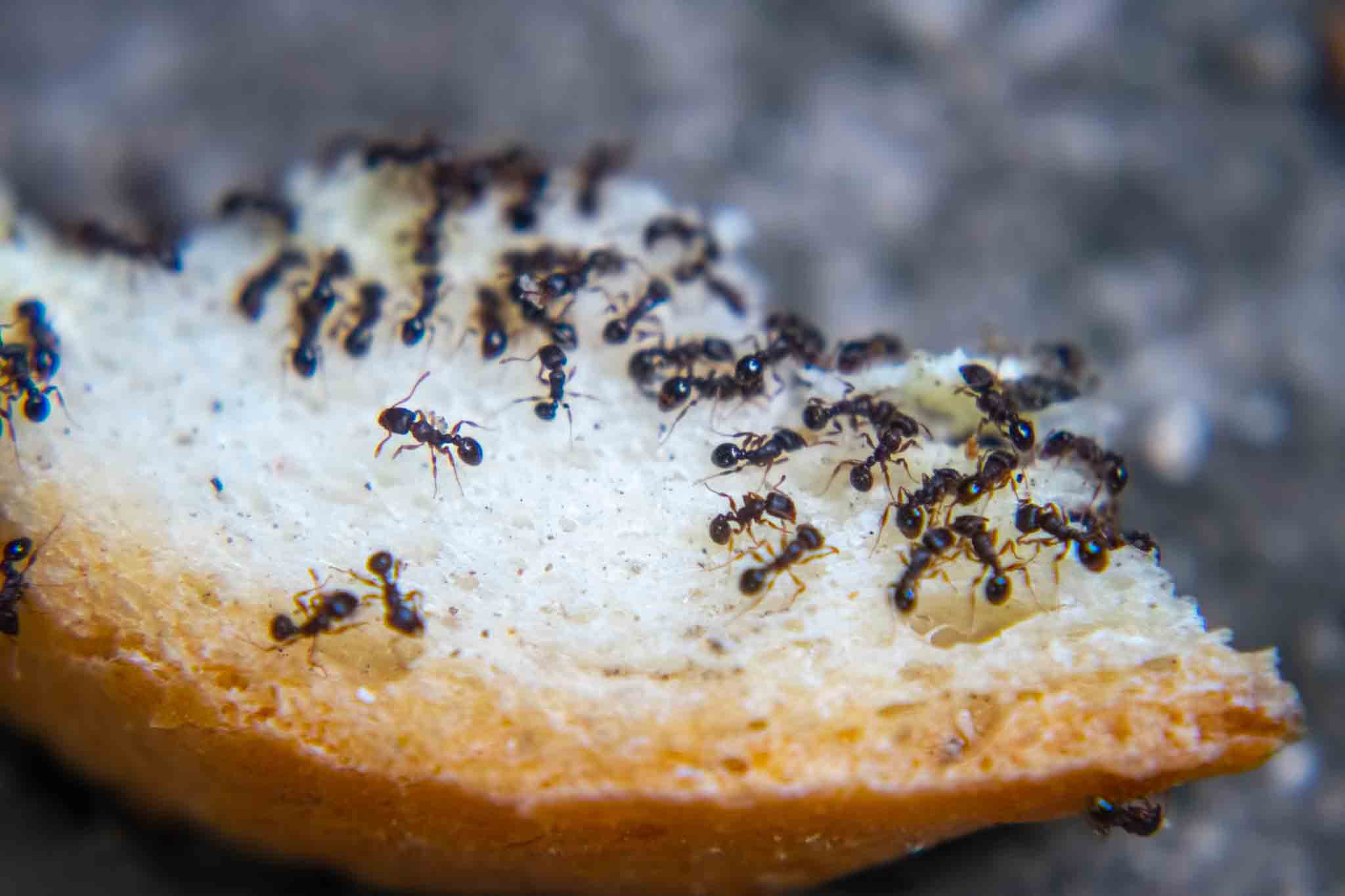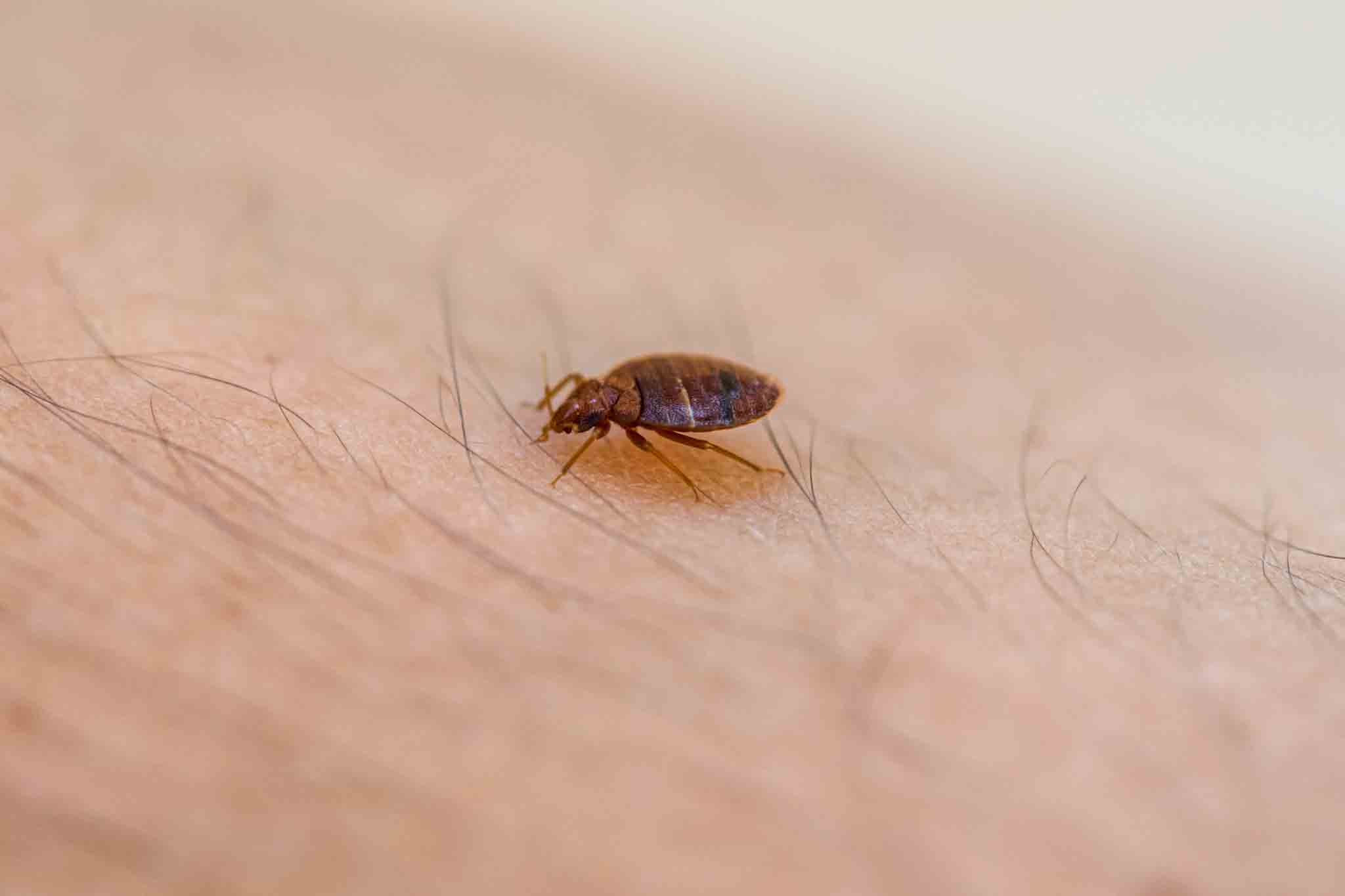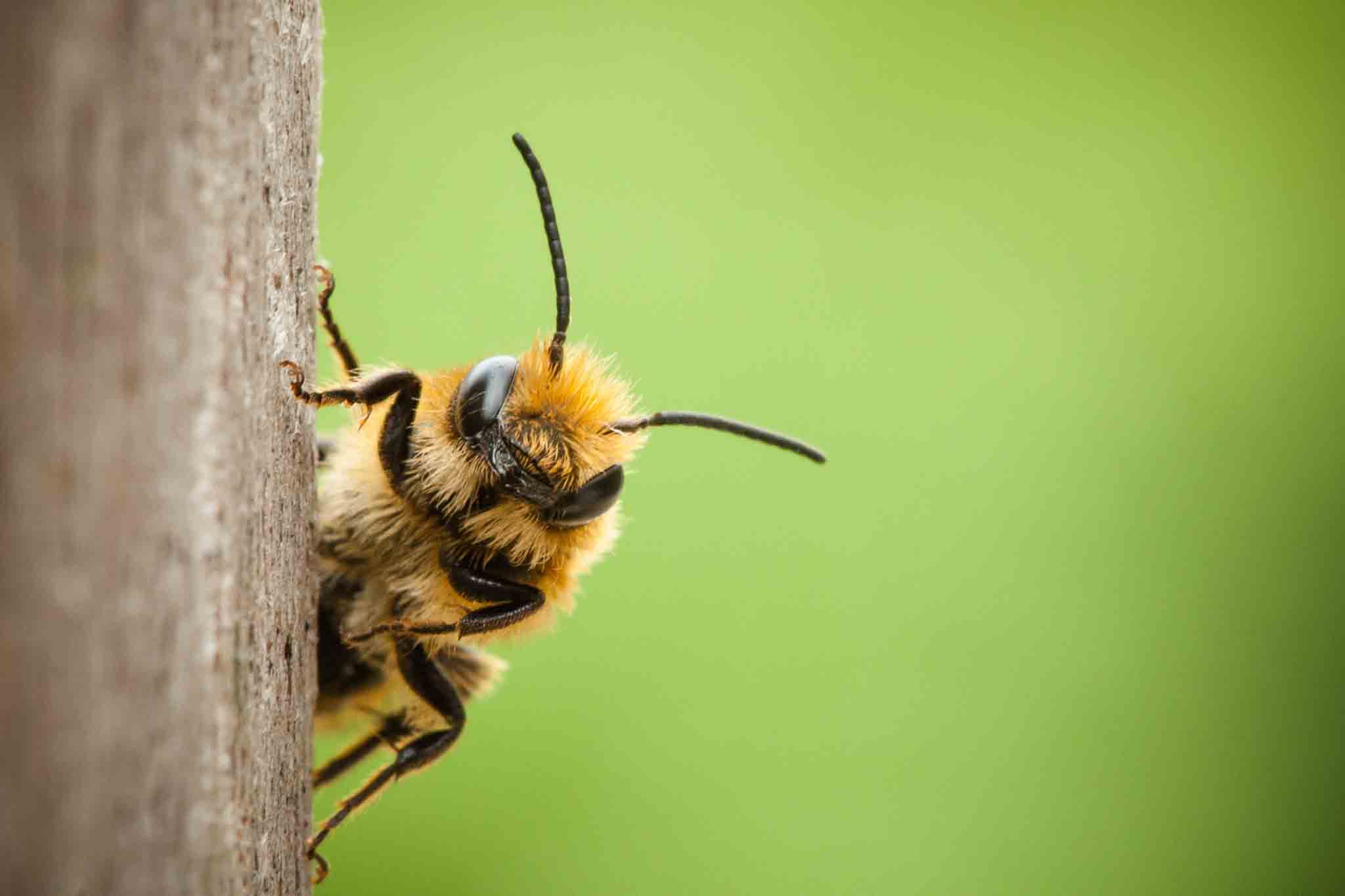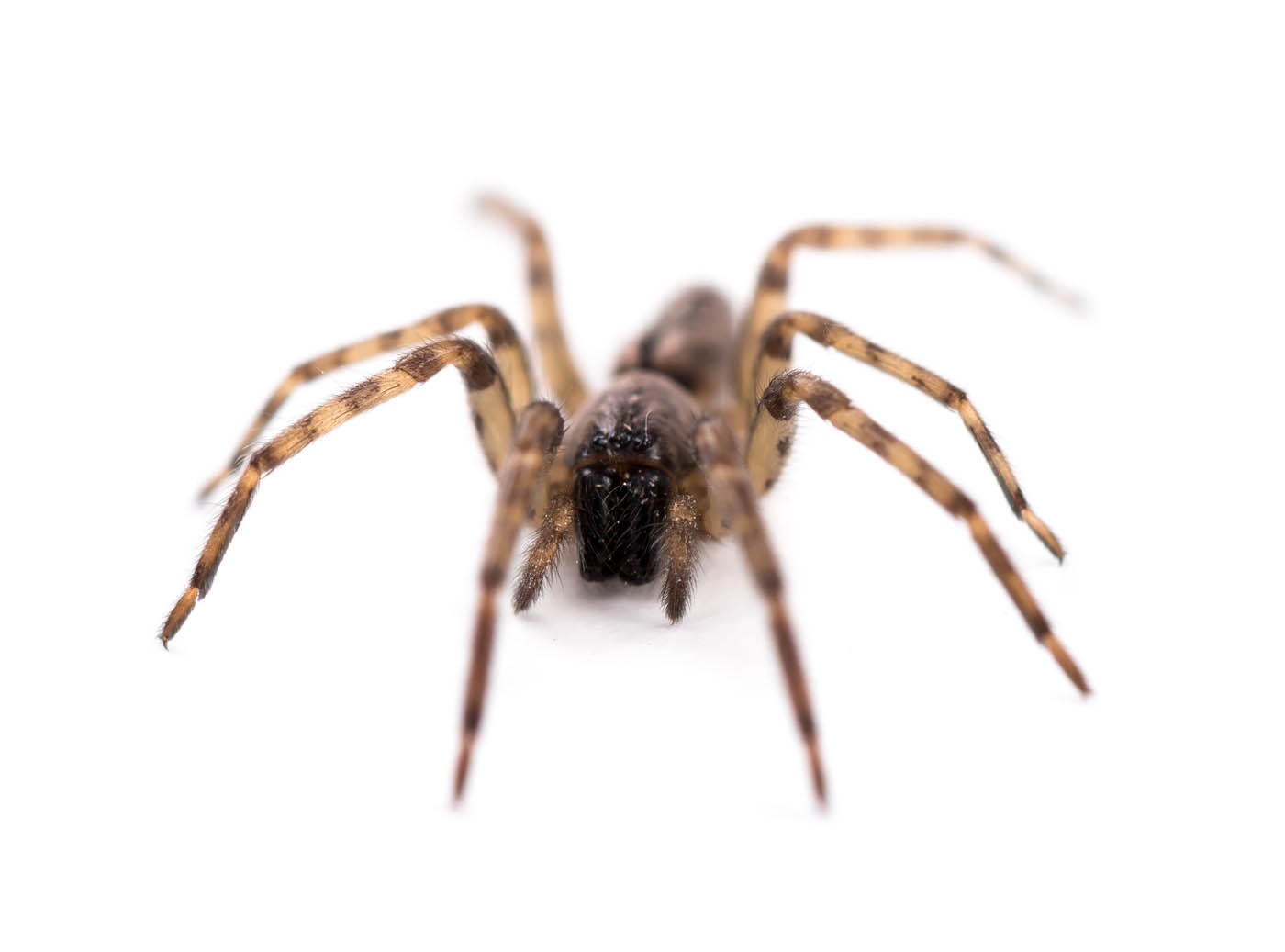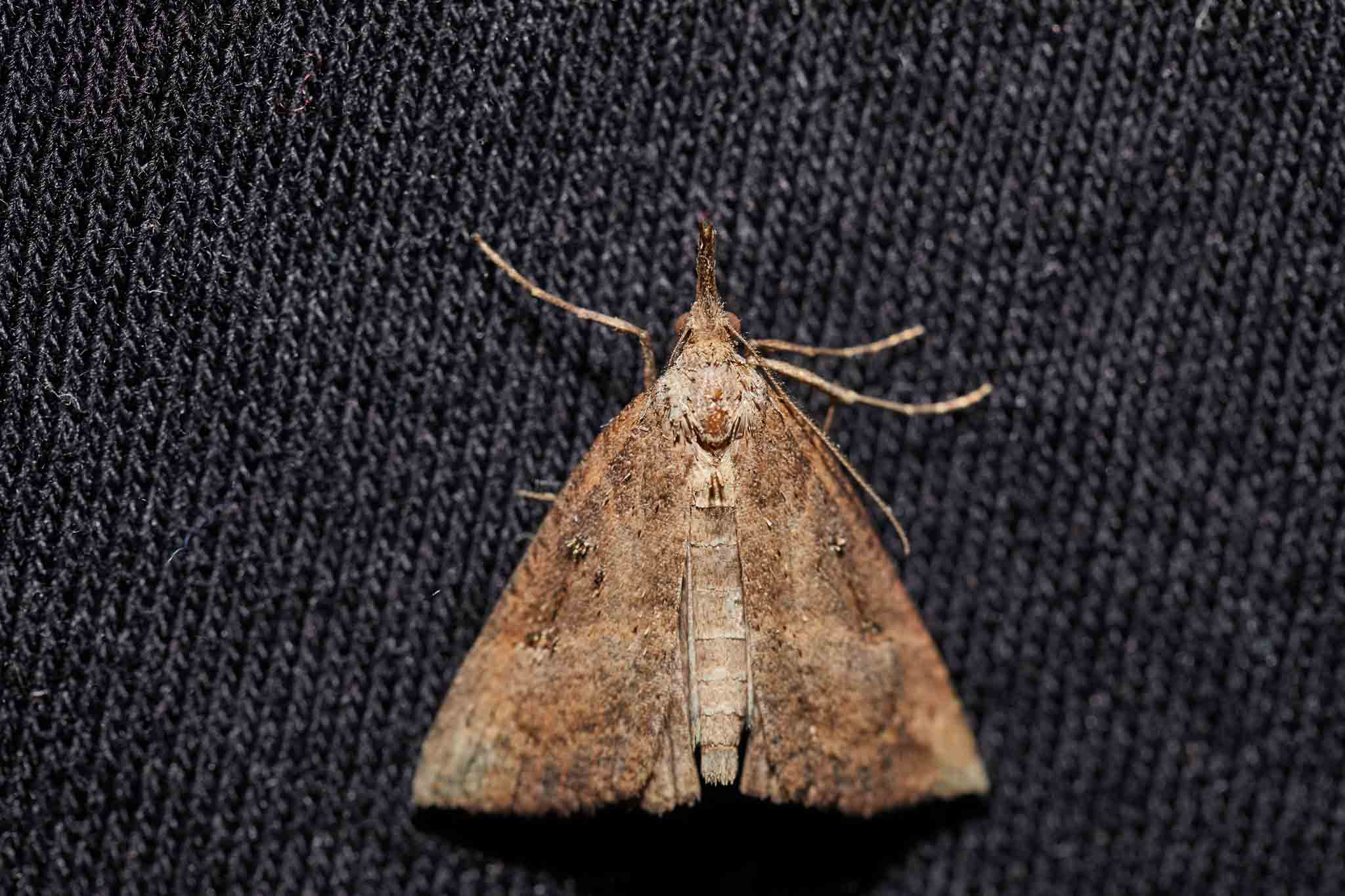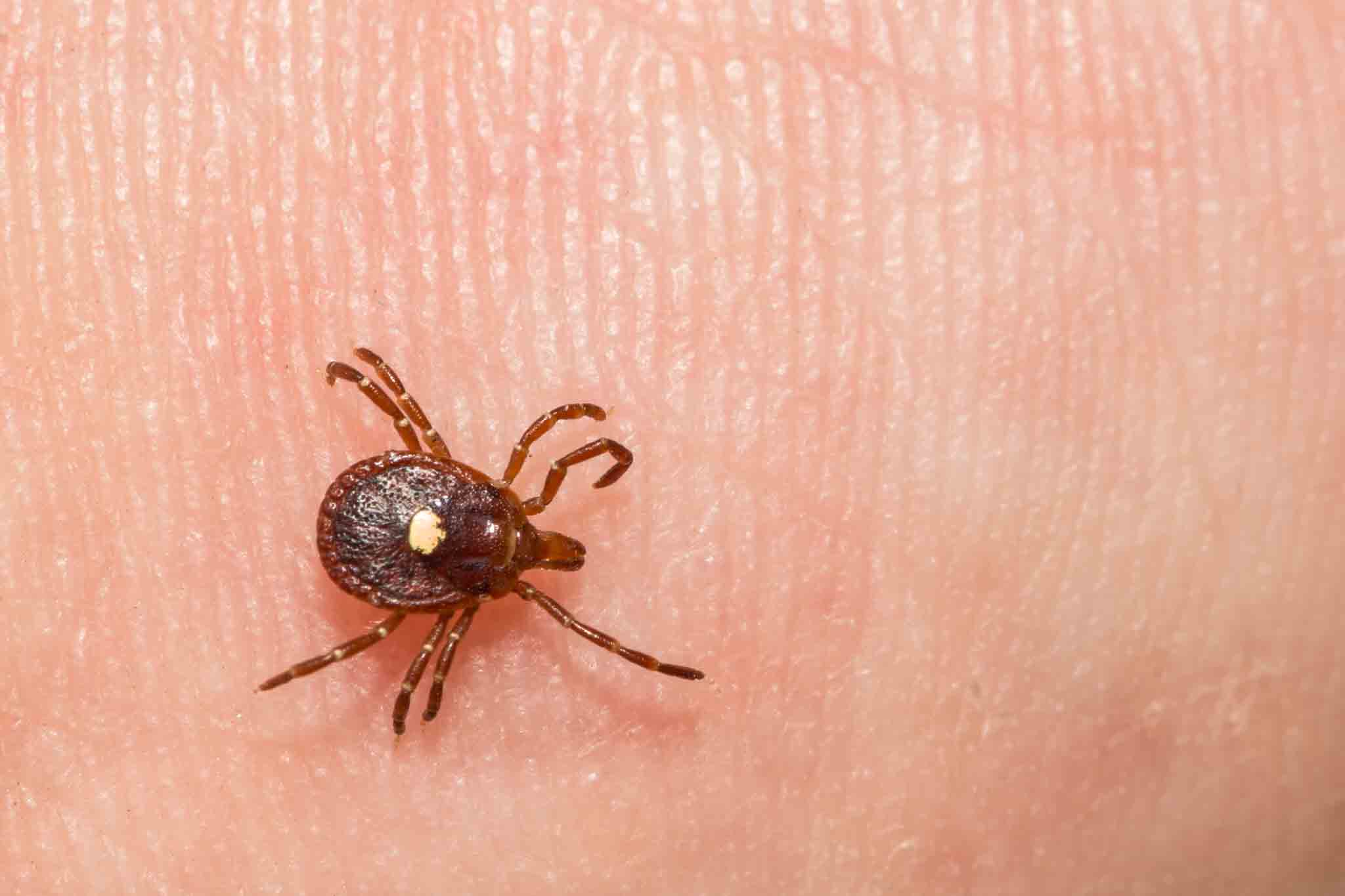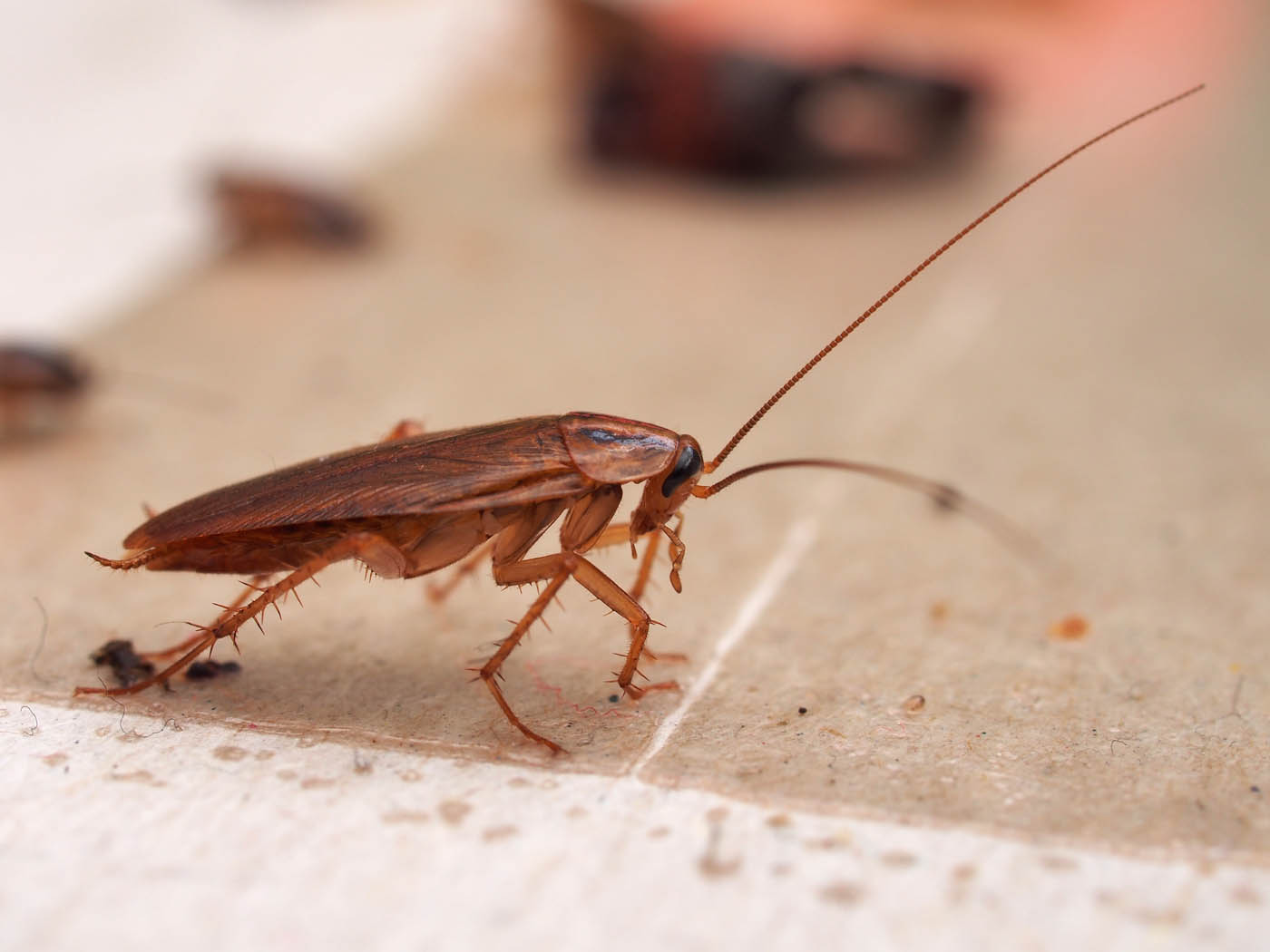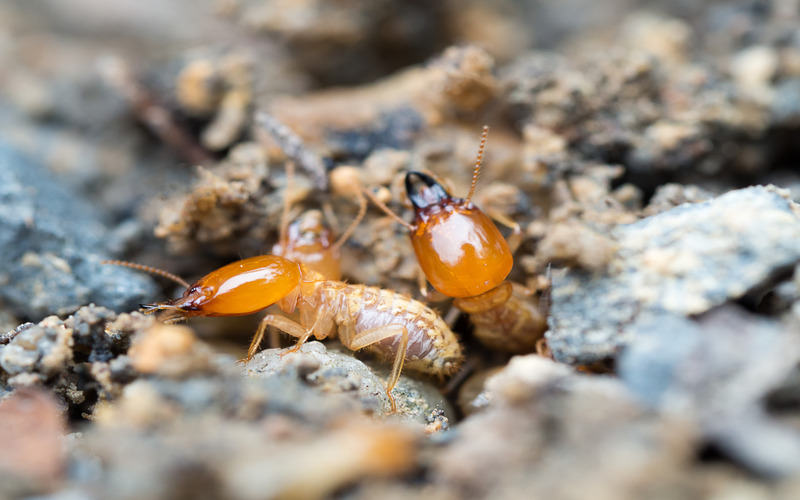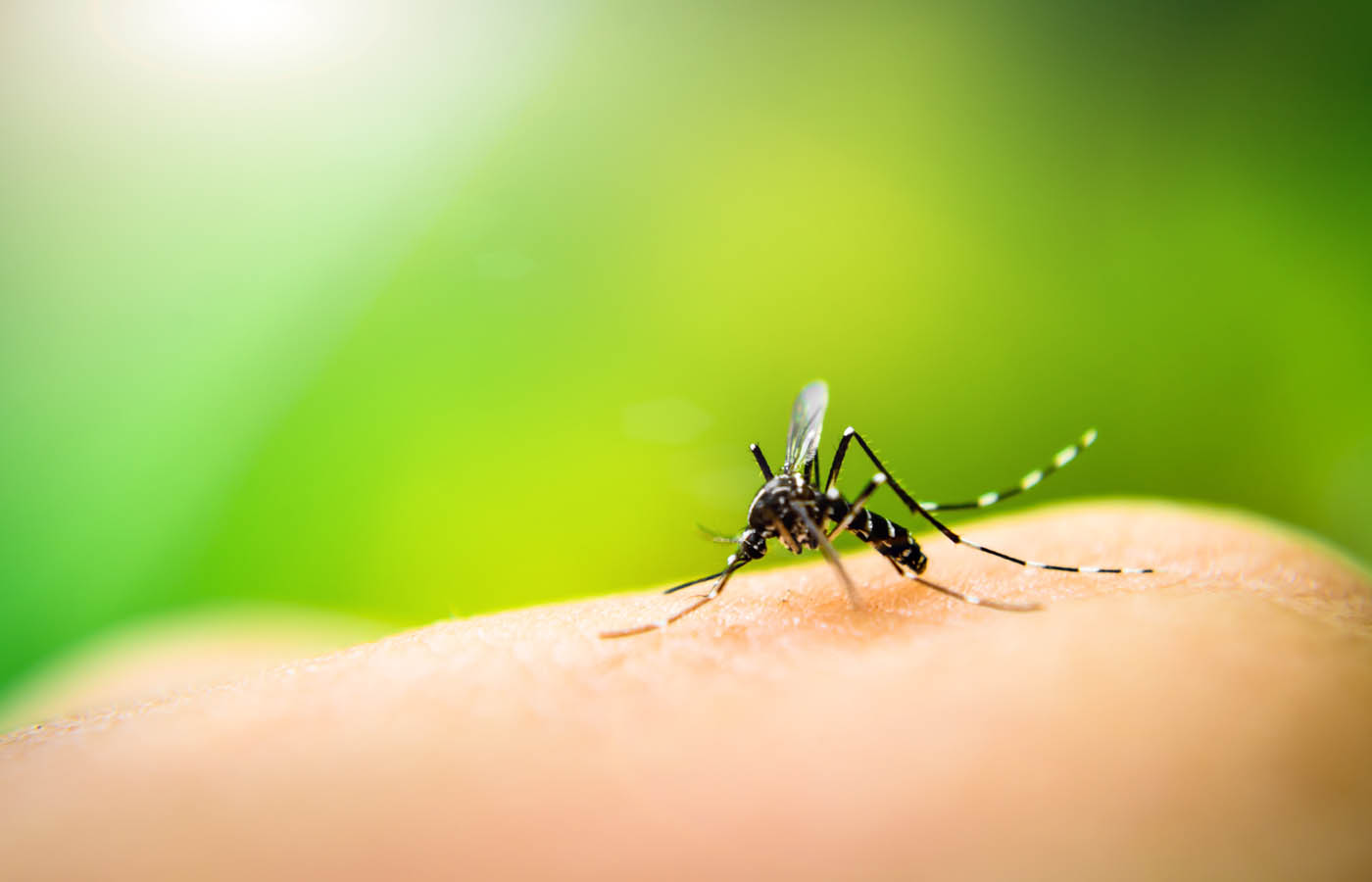Back To Blog
How to Avoid Bringing Bugs Home From School Oct. 3rd 2012
Avoid Bringing Bed Bugs and Head Lice Home From School Schools are not a place where bed bugs will want to live because they like to be near where humans sleep. So if bed bugs or head lice are spotted at a school, it probably doesn't mean the school is infested.

Avoid Bringing Bed Bugs and Head Lice Home From School
Schools are not a place where bed bugs will want to live because they like to be near where humans sleep. So if bed bugs or head lice are spotted at a school, it probably doesn't mean the school is infested.
 But bed bugs are notorious "hitchhikers." They can easily be transported to a school on the clothes or backpack of an unsuspecting student. Then they can crawl onto the clothes or backup of another student, who takes the bed bugs home, where they can easily become an infestation.
In such a case, you'll need to hire a professional bed bug exterminator to treat your home. It's much better to take preventative action to avoid this risk.
But bed bugs are notorious "hitchhikers." They can easily be transported to a school on the clothes or backpack of an unsuspecting student. Then they can crawl onto the clothes or backup of another student, who takes the bed bugs home, where they can easily become an infestation.
In such a case, you'll need to hire a professional bed bug exterminator to treat your home. It's much better to take preventative action to avoid this risk.
Knowing How to React Properly to Bed Bugs in School
The solution for schools, parents, and students is pest control education about bed bugs. Teachers need to be trained for signs of bed bugs, and parents and students also need to be aware of what to look for in the home. The school should instruct its staff on how to tell if a student who has bed bugs in clothes or a backpack also has an infestation at home (e.g., small bite marks in rows of three, excessive itching by the student). Parents should also be involved in the pest control education. Schools would be wise to send out information to parents about how to look for bed bug signs and how to prevent infestations.Establishing A Specific Protocol
As part of its pest control education, schools need to instruct teachers and administrators on how to react if bed bugs are suspected. There is no need to panic. Except for rare allergic reactions, bed bugs don't pose a threat�they're just a nasty nuisance. But they should trigger an immediate reaction by the school. It's a good idea to develop a specific protocol that includes the following steps: 1. Discretely remove a student suspected of having bed bugs from the classroom and have the student, the student's belongings, and the student's locker examined by a nurse or other qualified person. 2. If bed bugs are found, the principal or nurse should contact the home, always being clear that no accusation is involved�bed bugs can be found in the cleanest of homes. Offer bed bug control education materials to the parents. 3. Parents of children in the affected class or classes should be notified so they can take appropriate bed bug control measures at home. Also, offer materials on bed bug prevention. 4. Never remove a student from school for bringing bed bugs home from school, unless the problem persists. 5. Have a pest control specialist inspect the school to determine if treatment is necessary for the affected areas. Although infestations are rare, they can happen, and any bed bug lurking to catch a ride home with a student is a problem.Avoid Head Lice in Schools
The new school year is underway! And that means diligent young students are hitting the books, passing tests, gossiping in the study hall, and getting head lice. What better time to learn how to avoid head lice before it strikes!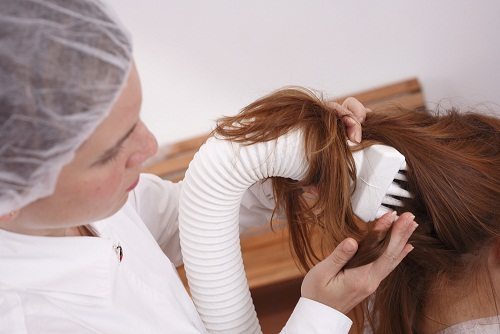 There are 8 to 12 million new cases of head lice each year. And while they may not be terribly dangerous, head lice are annoying.
Unfortunately, there are 8 to 12 million new cases of head lice each year. And while they may not be terribly dangerous, head lice are annoying�causing itchy scalps that may become inflamed�as well as highly contagious. They're also rather disgusting. But contrary to popular belief, getting head lice has little to do with cleanliness, and isn't a reflection of one's personal hygiene (or their parents!).
There are 8 to 12 million new cases of head lice each year. And while they may not be terribly dangerous, head lice are annoying.
Unfortunately, there are 8 to 12 million new cases of head lice each year. And while they may not be terribly dangerous, head lice are annoying�causing itchy scalps that may become inflamed�as well as highly contagious. They're also rather disgusting. But contrary to popular belief, getting head lice has little to do with cleanliness, and isn't a reflection of one's personal hygiene (or their parents!).
Why Are Head Lice Common in Children?
Because head lice have a much easier time attaching themselves to thinner hair follicles, and children have thinner hair follicles than adults. That, combined with the tight proximity of large numbers of children, makes schools an ideal breeding ground for head lice. And given how prevalent they are, we're going to share some effective tips.How to Avoid Head Lice
- Don't share hair brushes! That's one of the most common ways that lice are spread. If someone's infected, clean their brush in hot water (130�F or more) for 10 minutes.
- Don't share clothes, especially hats.
- Avoid hair-to-hair contact. (Cut down on the head-butting!)
- If you or your child is infected, wash your clothes and bed sheets with high heat (preferably 130�F or more). Vacuum the furniture that you sat on and the floor that you walked on.
- Avoid fumigant sprays. They're potentially toxic if inhaled, and are unnecessary for controlling head lice.
